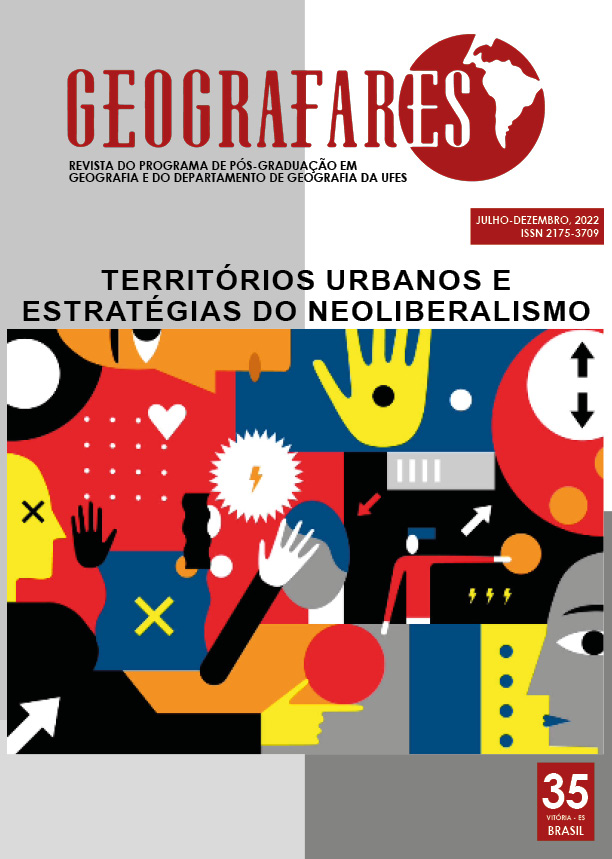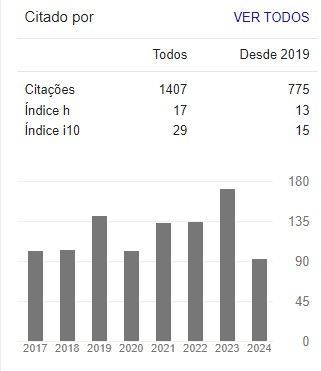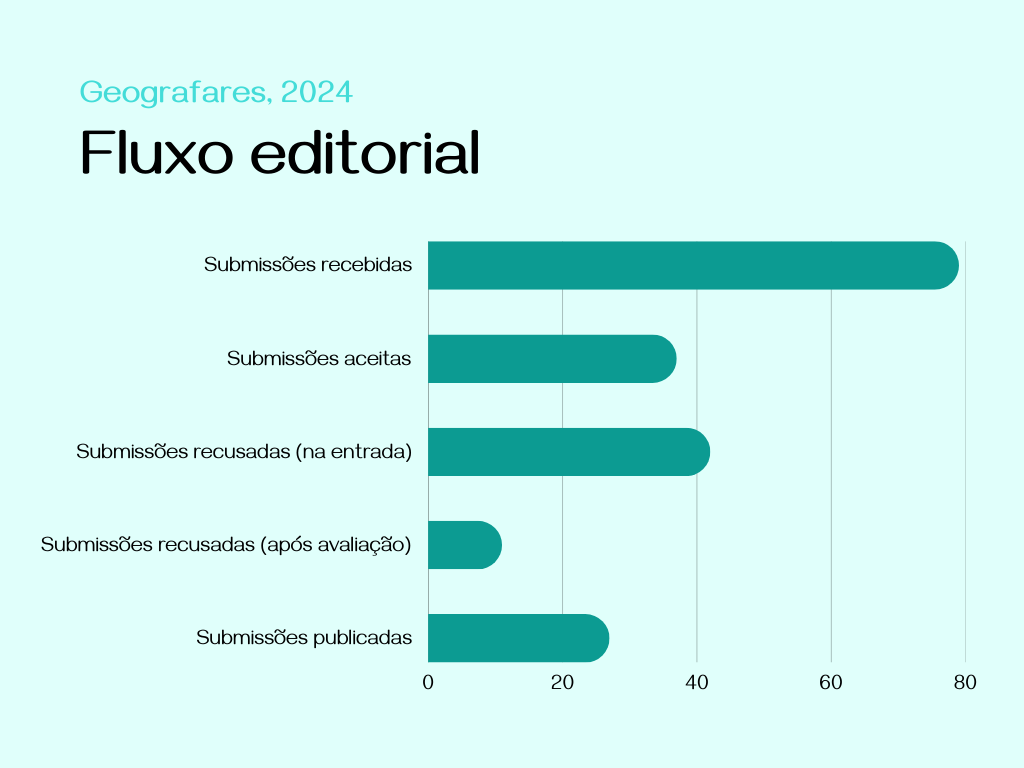The uses of messaging apps and social media groups in the daily life of platform delivery workers: how to play the rules of the game and the production of collective identities
DOI:
https://doi.org/10.47456/geo.v2i35.39206Keywords:
labor markets, Entrepreneurial solidarities, collective identities, plataform workAbstract
This article, a partial result of a master’s research in progress, addresses the dynamics and interactions established among platform delivery workers through groups in instant messaging applications and social media. First, it presents the mismatch between the representations made by the platform companies about workers and the ways in which they see themselves and understand their work. Then, the article discusses the uses of instant messaging applications, paying attention to the main patterns of worker’s interaction on digital environments in order to show that there are ambiguous rationalities that guide their formulations about the work. In addition, that these spaces have a decisive role in the creation of collective identities based on the appreciation of work and the sacrifice linked to it. The methodology used was based, on one hand, on the analysis of materials extracted from social media pages and institutional websites of the companies Rappi and iFood in Brazil. On the other hand, it was conducted an empirical digital research, of ethnographic inspiration, in groups of delivery workers on WhatsApp, Telegram and pages of these workers on Facebook.
Downloads
References
ABÍLIO, Ludmila. Uberização: Do empreendedorismo para o autogerenciamento subordinado. Revista Psicoperspectivas, v.18, n.3, 2019.
ALIANÇA BIKE. Pesquisa de Perfil de Entregadores Ciclistas de Aplicativo. São Paulo: Aliança Bike, jul. 2019.
CASILLI, Antonio; POSADA, Julian. The Platformization of Labor and Society. Mark Graham & William H. Dutton. Society and the Internet. How Networks of Information and Communication are Changing Our Lives (second edition), Oxford University Press, p. 293-306, 2019.
FAIRWORK. Fairwork Brazil Ratings 2021: Towards Decent Work in the Platform Economy. Porto Alegre, Brazil; Oxford, United Kingdom, Berlin, Germany, 2022.
GROHMANN, Rafael; PEREIRA, Gabriel; GUERRA, Ana; ABÍLIO, Ludmila; MORESCHI, Bruno; JURNO, Amanda. Platform scams: Brazilian workers’ experiences of dishonest and uncertain algorithmic management. New Media & Society, p. 1611-1631, 2022.
GROHMANN, Rafael. Plataformização do trabalho: entre a dataficação, a financeirização e a racionalidade neoliberal. Revista Eptic, v. 22, n.1, 2020.
GAGO, Veronica. A razão neoliberal: economias barrocas e pragmática popular. São Paulo:
Elefante, 2018. 372 p.
HINE, Christine, PARREIRAS, Carolina, & LINS, Beatriz Accioly. A internet 3E: uma internet incorporada, corporificada e cotidiana. Cadernos De Campo (São Paulo - 1991), 29(2), 2020.
MACHADO, Leandro. Dormir na rua e pedalar 12 horas por dia: A rotina dos entregadores por aplicativo. BBC News Brasil, São Paulo, 2019.
MILLER, Daniel; SLATER, Don. Etnografia on e off-line: cybercafés em Trinidad.
Horizontes Antropológicos, Porto Alegre, ano 10, n. 21, p. 41-65, jan./jun. 2004.
SCHOLZ, Trebor. Uberworked And Underpaid: How workers are disrupting the digital economy. Cambridge, UK; Maldenm MA: Polity Press, 2016.
SLEE, Tom. Uberização: a nova onda do trabalho precarizado. São Paulo: Elefante, 2017.
SORIANO, Cheryll Ruth R; CABAÑES, Jason Vincent A. Entrepreneurial Solidarities: Social Media Collectives and Filipino Digital Platform Workers. Social Media + Society. April 2020.
SRNICEK, Nick. Platform capitalism. Cambridge: Polity, 2017.
Downloads
Published
How to Cite
Issue
Section
License
Copyrights Declaration
Authors who publish in the journal agree with the following terms:
- Authors will keep their copyrights and grant the journal the right to their first publishing, simultaneously licenced under Creative Commons Attribution License which allows sharing their work with authorship recognition and initial release through this journal.
- Authors may sign additional contracts separately diffusing a non-exclusively version of the paper published in this journal (i.g. publishing in institutional repository or as a book chapter), once citing the authorship and initial release through this journal.
- Authors are encouraged to publicize and diffuse their paper online, for example onto institutional repositories or on their personal websites.




























